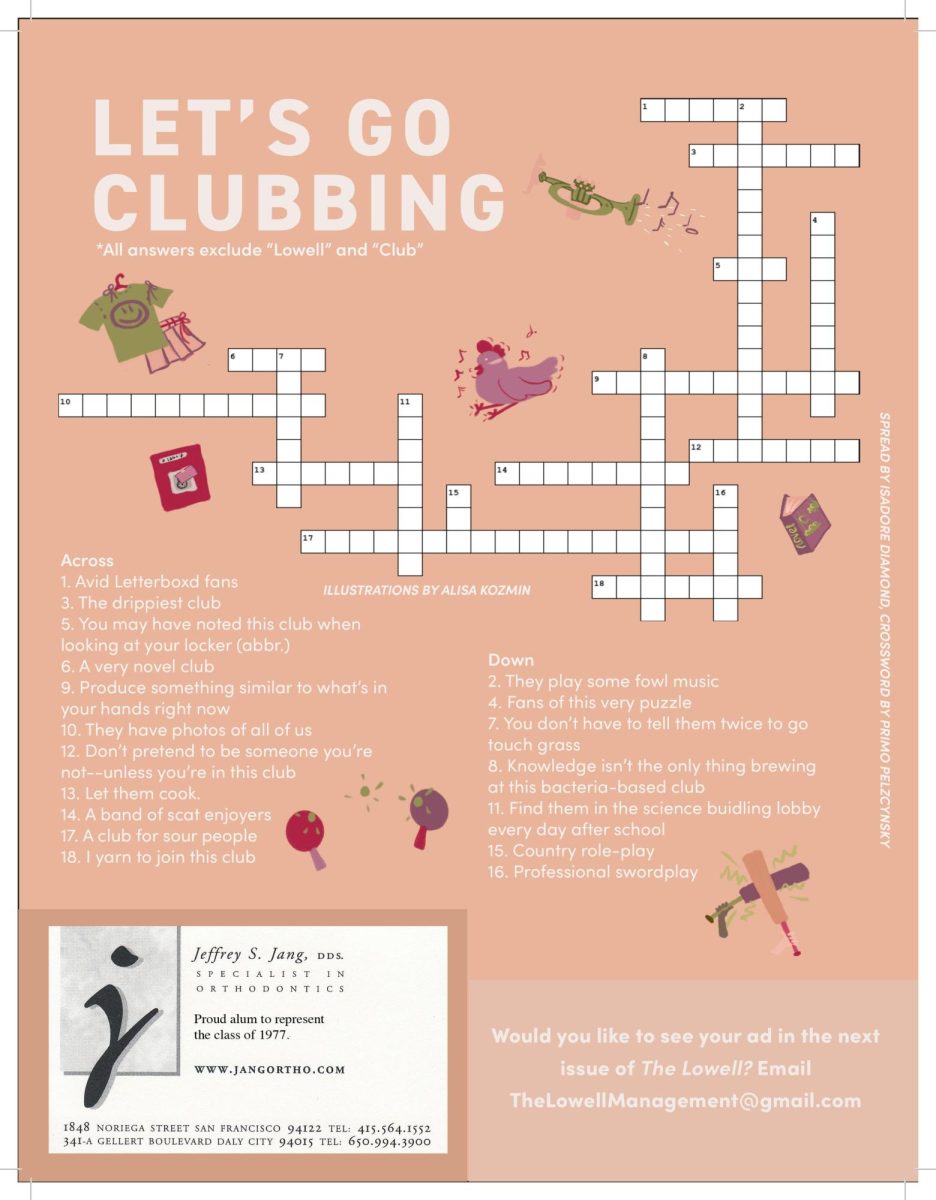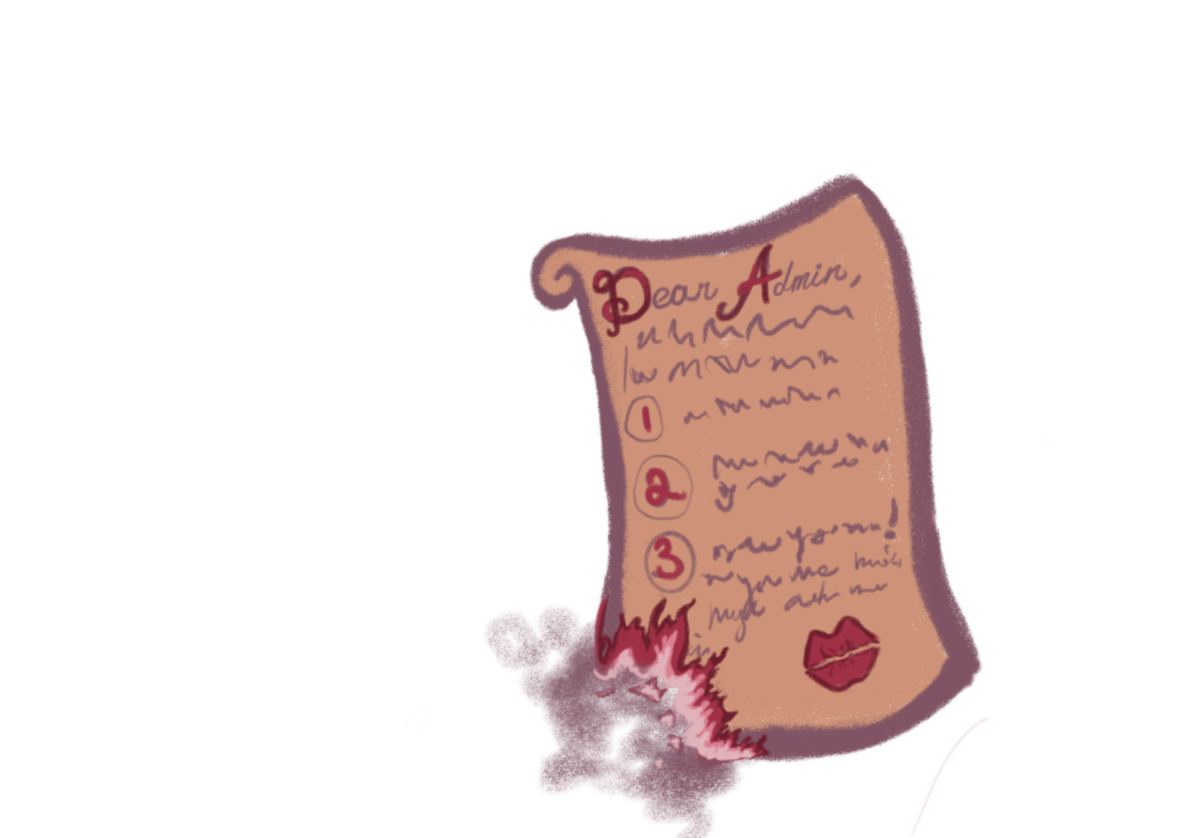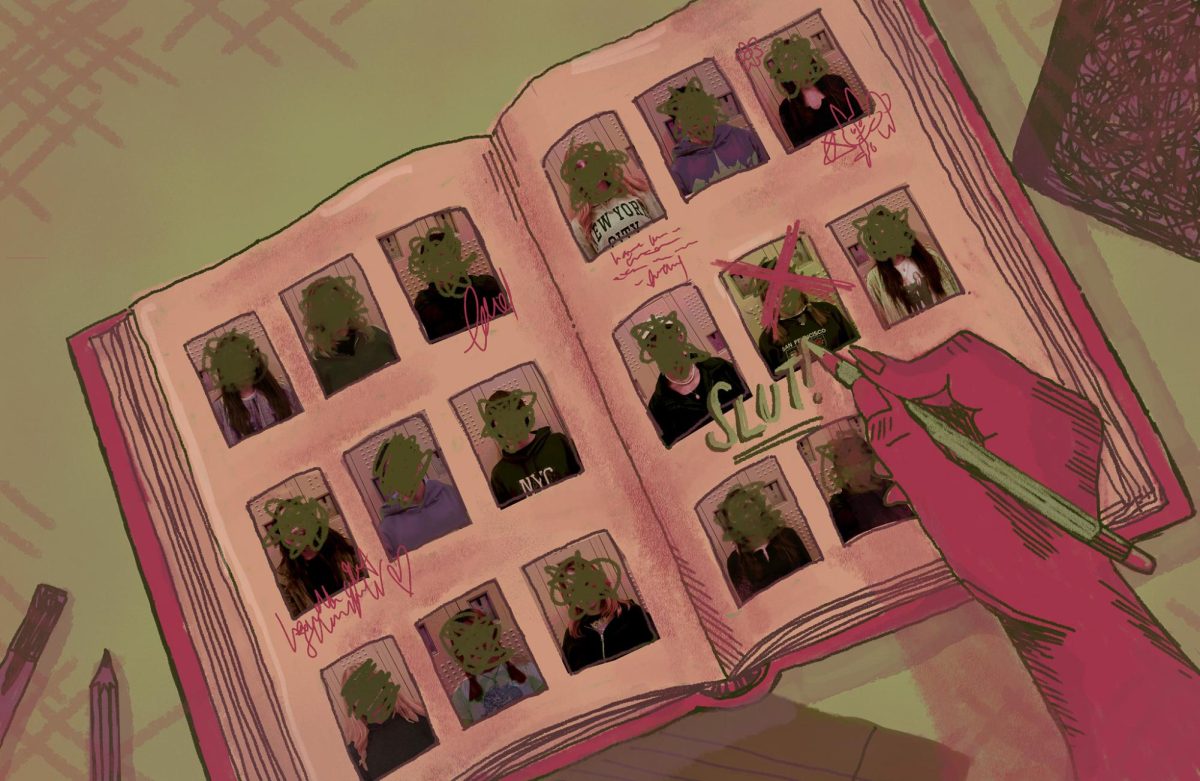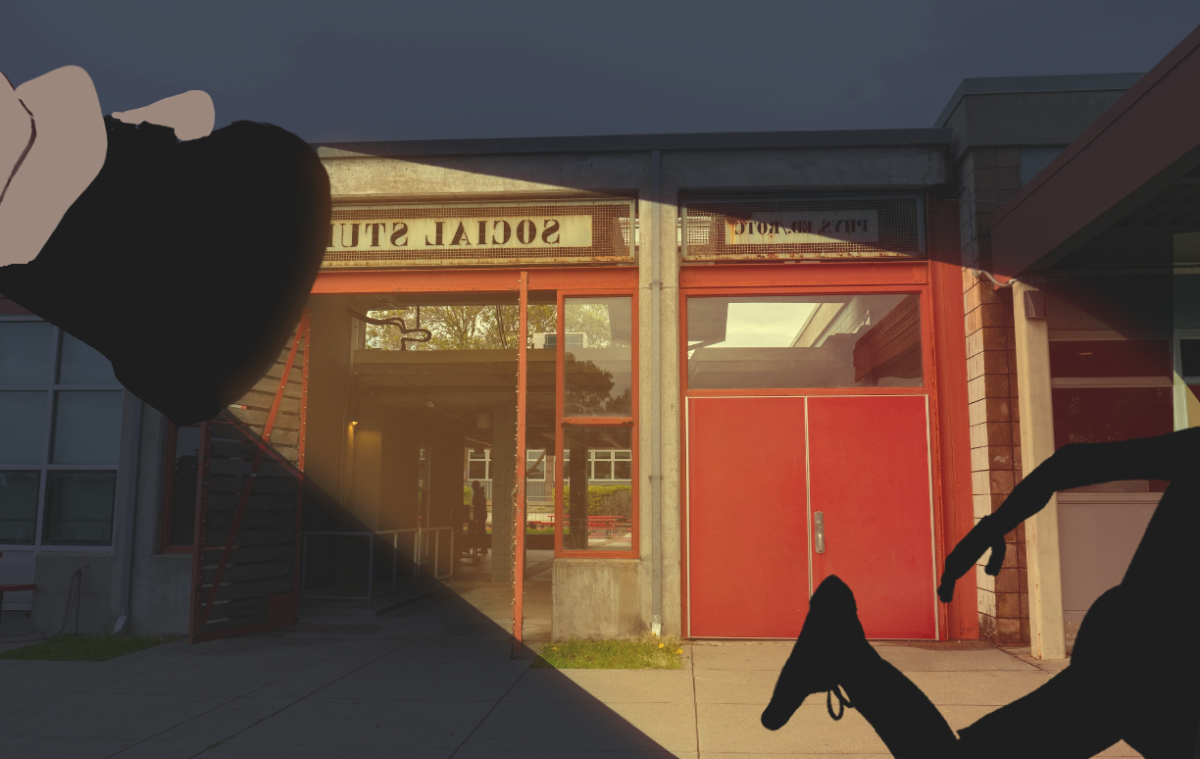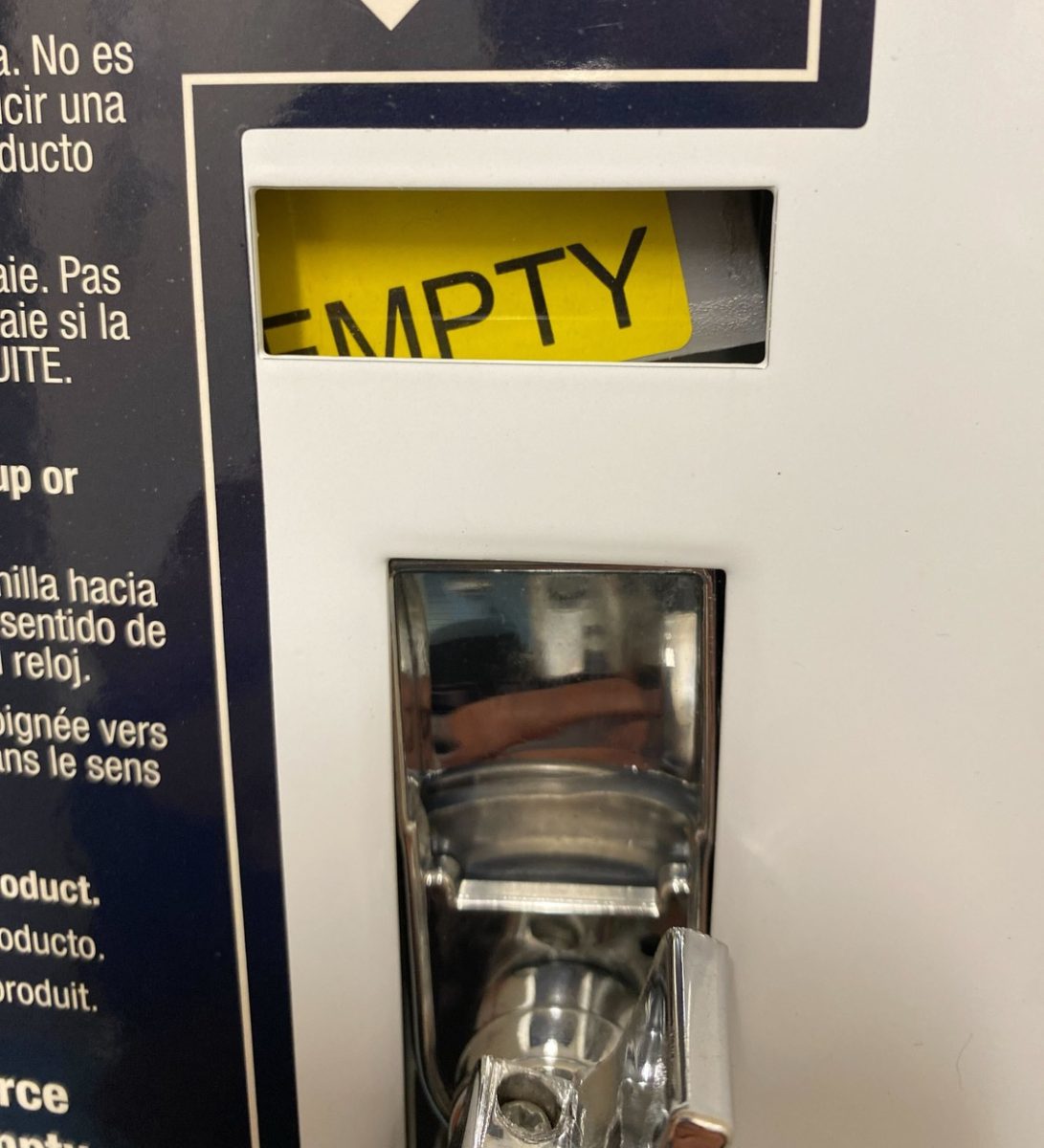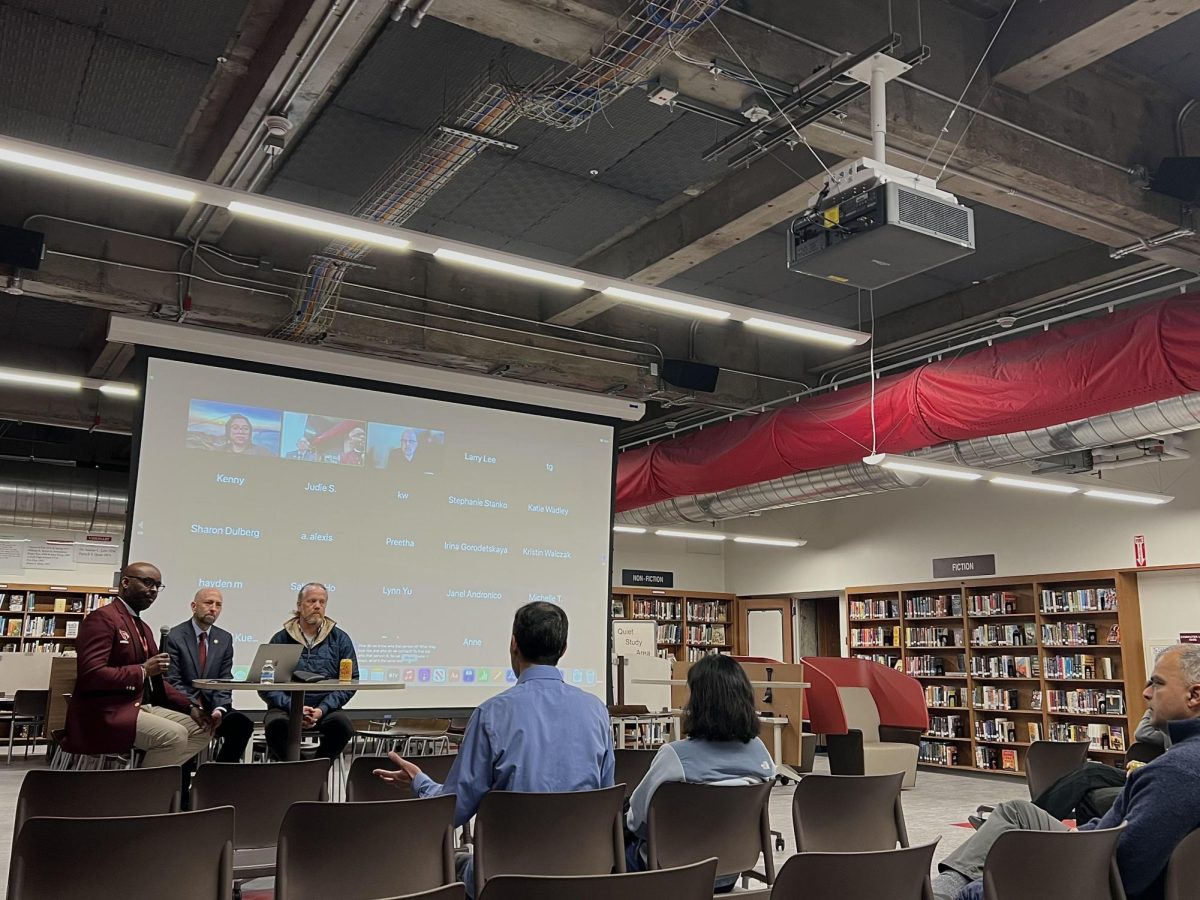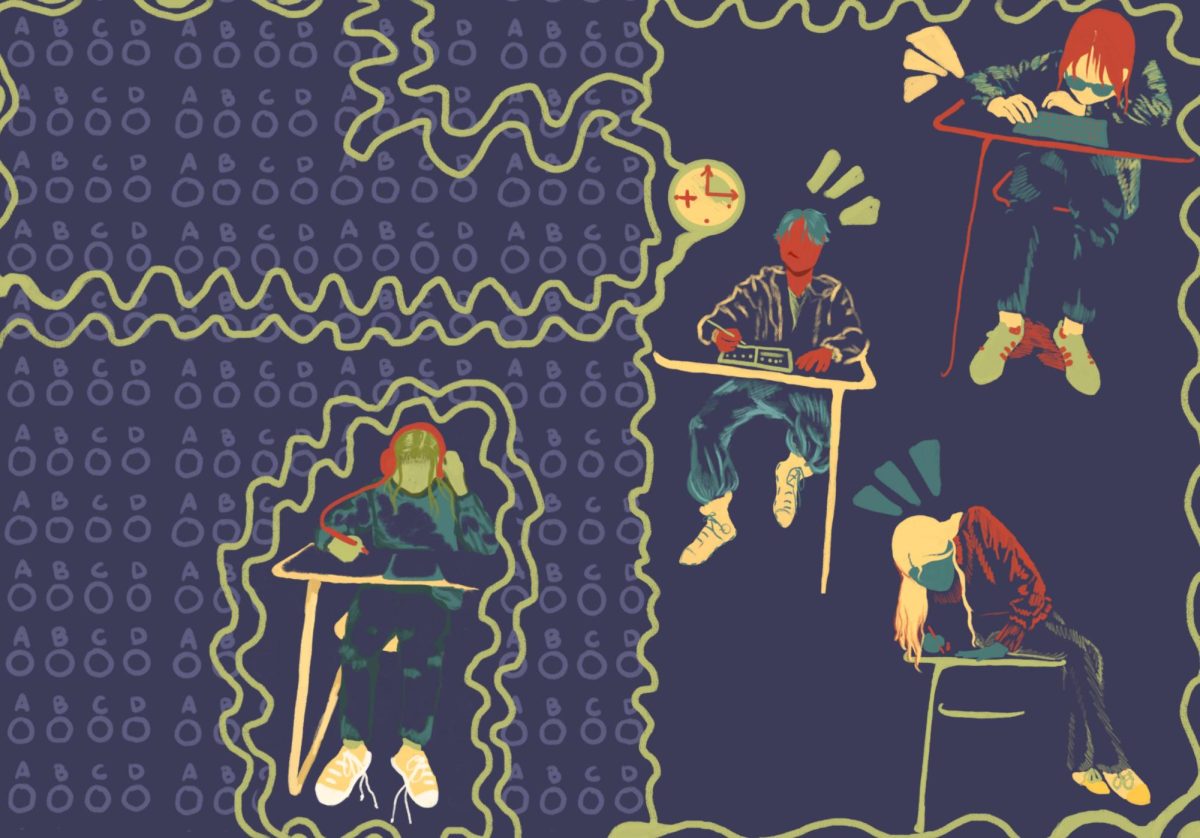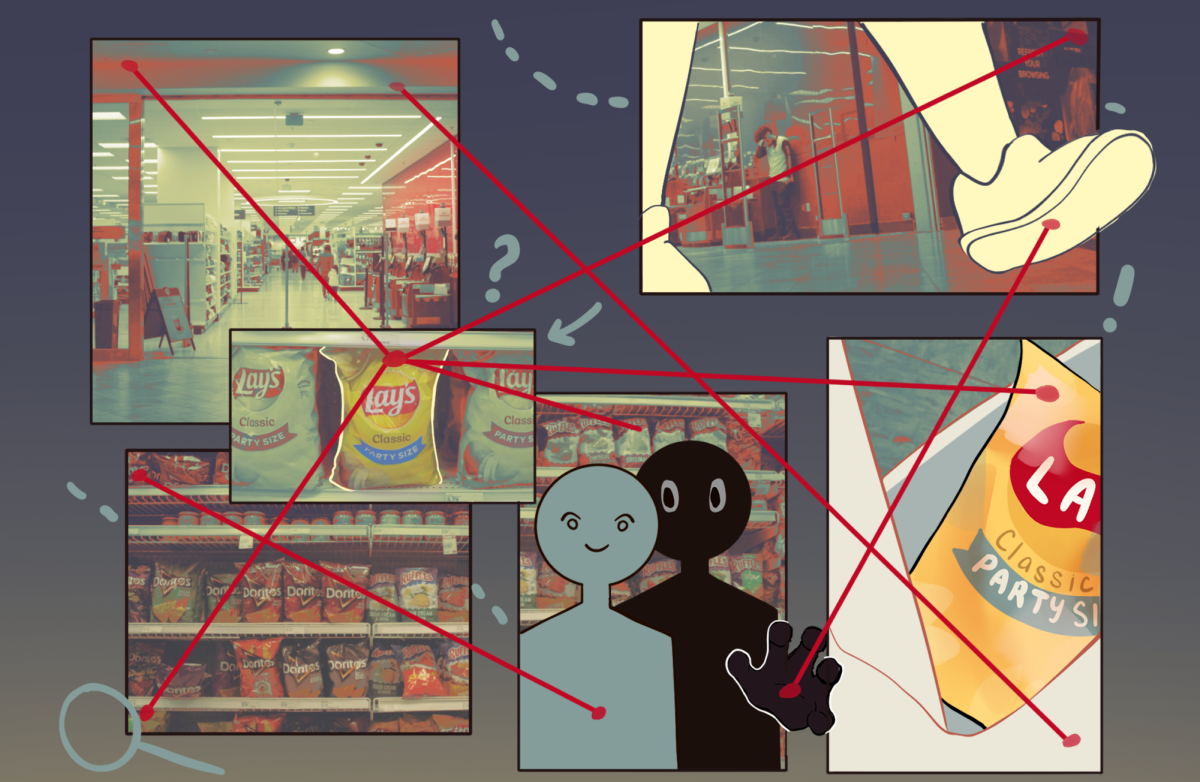By Stephanie Li
Originally published on October 24, 2014
Walking into an AP United States History class would be very different today than it would’ve been last year. Rather than memorizing the boring facts that permeated the curriculum before, students are now getting their hands on real remnants of America’s history.
The change in scenery is caused by the major changes made in college level classes and exams offered in high school in order to help students develop skills necessary for college.
This fall, CollegeBoard, the private company that issues the Advanced Placement tests, implemented a new AP United States History (APUSH) exam all over the country that better trains students to become apprentice historians.
“I feel confident that when [students] leave my class or any of our classes that they’re going to be much more empowered with the analytical skills they need to be successful in college.”
The redesign project not only revised the themes that are covered in the course, but also changed the format of the test itself. The new exam focuses on student understanding of the material with consolidated themes and defined concepts, according to CollegeBoard.
Part of this understanding requires students to develop historical reasoning skills. Since one major consideration of historians is understanding the different point of views of parties involved in historical events, primary and secondary sources will be included in the exam’s documents to test students.
This is accentuated by the new scoring guidelines, which consist of fewer multiple choice questions and more writing prompts. The addition of the short answer questions and long essay question, as well as the sixty percent weighting of the writing section, increase the focus on comprehending the point of views of documents and relating topics in the documents to specific historical events or people.
CollegeBoard even revised the multiple choice questions in order to further test how well students can think like historians. The new questions include more passage-based reading comprehension questions, compared to the old exams’ focus on particular dates and names.
Bellville believes that these changes will develop a different skill set in students than in the past years. “In order to be successful in the exam now, students have to understand conceptual things more, and be able to execute skills in their writing — they’re not going to be able to get away with factoid memorization,” she said.
The changes to the exam requirements are also “in line with college and university U.S. history courses’ increased focus on early and recent American history and decreased emphasis on other areas,” according to CollegeBoard. Whereas before students only explored the emergence of America as a world power, now the class also covers the social, economic, and demographic changes America experienced going into the 21st century.
“We’ll make sure to incorporate the skills that students need, and the conceptual ideas that they need, to be successful on the exam and to be more like a historian.”
Although Lowell’s APUSH classes still use the same textbook, The American Pageant, since the historical content taught is mostly the same, teachers have to change certain aspects of the course in order to make sure students are fulfilling the requirements of the new APUSH course. “We’ll make sure to incorporate the skills that students need, and the conceptual ideas that they need, to be successful on the exam and to be more like a historian,” Bellville said.
The school’s APUSH teachers attended training workshops over the summer and currently meet every couple of weeks during professional development times to discuss how to integrate the new themes and targeted skills into the curriculum.
The learning objectives for the APUSH exam are categorized under seven themes: belief systems, America in the world, geography, peopling, identity, politics and power, and economy (BAGPIPE). Students from Prophet’s and Tuason’s classes drew posters about the themes and Prophet’s class also created flowcharts which related events to historical themes.
Teachers introduced short answers questions that contain opposing perspectives in order to encourage students to think like a historian. In social studies teacher Jason Tuason’s APUSH class, students interpreted engravings of European interaction with South American native peoples to identify the opposing point of views in the two pictures. One picture depicted Spaniards bestowing religion upon natives, while the other was a brutal representation of conquistadores, or Spanish conquerers, raiding and murdering natives.
“The new time periods, the seven themes and the historical skills that the exam now requires have redefined how to teach the class.”
Another historical reasoning skill that teachers are developing in their students is understanding cause and effect. In Tuason’s class, students play a game called “Six Degrees of Separation” aimed at showing the sequence of events that connect two big ideas. Tuason gave students the encomienda system, a labor system that assigned Native Americans to Spaniards as laborers, as the starting point and the plantation system, the African slavery system in the South, as the ending point. Students were then required to find six consecutive historical events that connected the two systems.
The introduction of these new exercises are examples of how the new exam’s guidelines are changing the course. “The new time periods, the seven themes and the historical skills that the exam now requires have redefined how to teach the class,” Prophet said.
Bellville is pleased with the remodeling. “I feel that it’s amazing, actually,” she said about the revised course. “I feel confident that when they leave my class or any of our classes that they’re going to be much more empowered with the analytical skills they need to be successful in college.”





